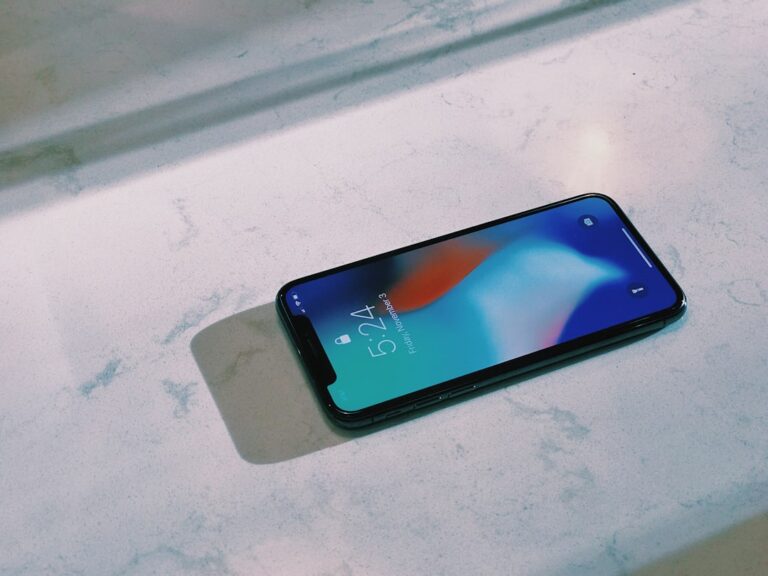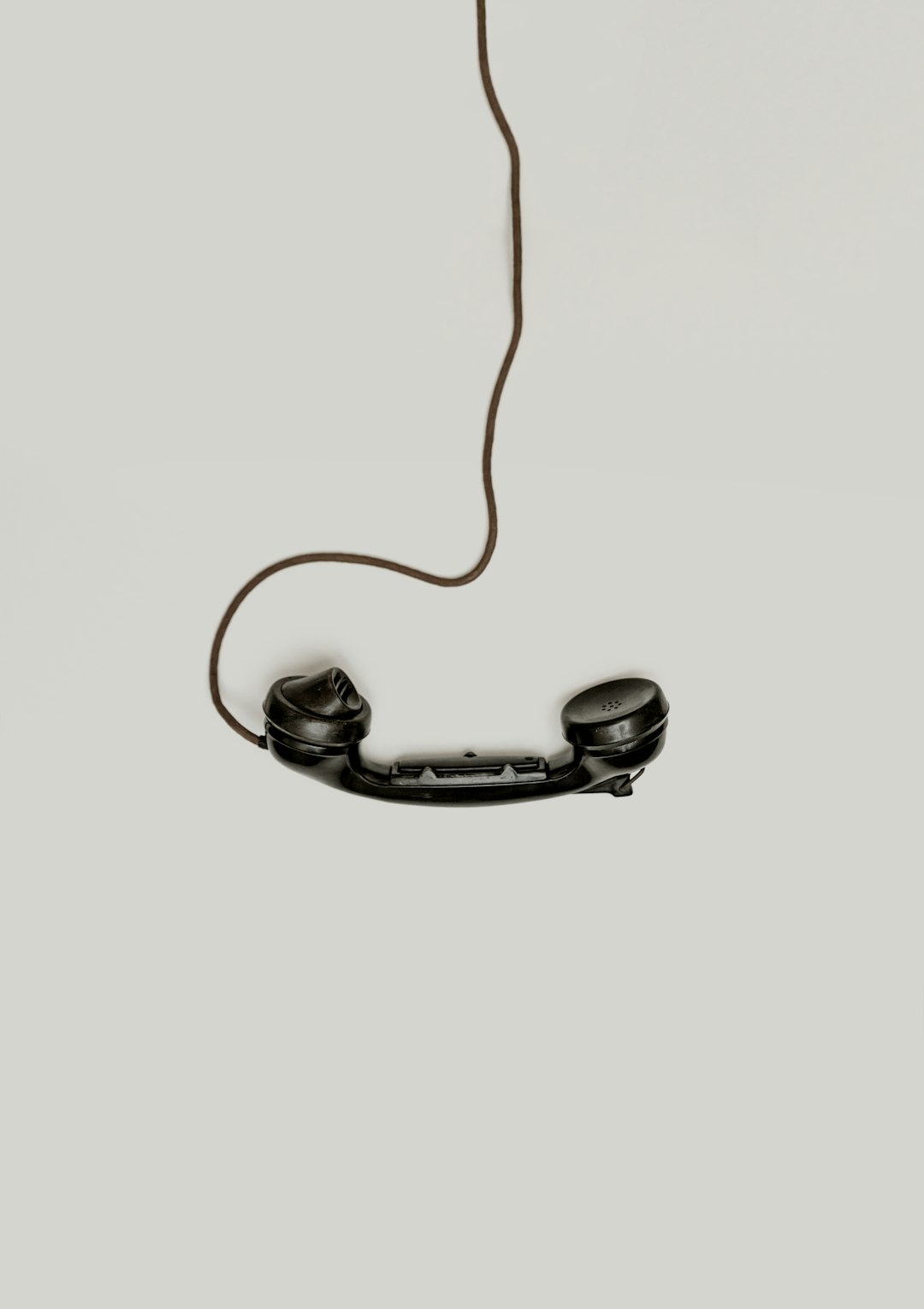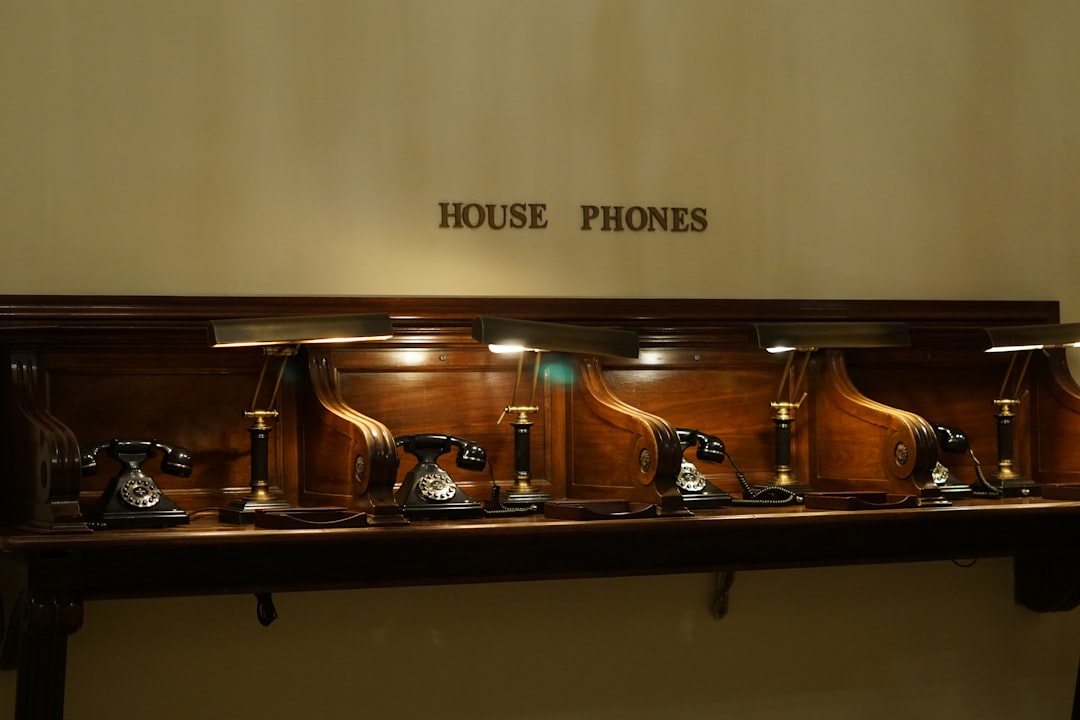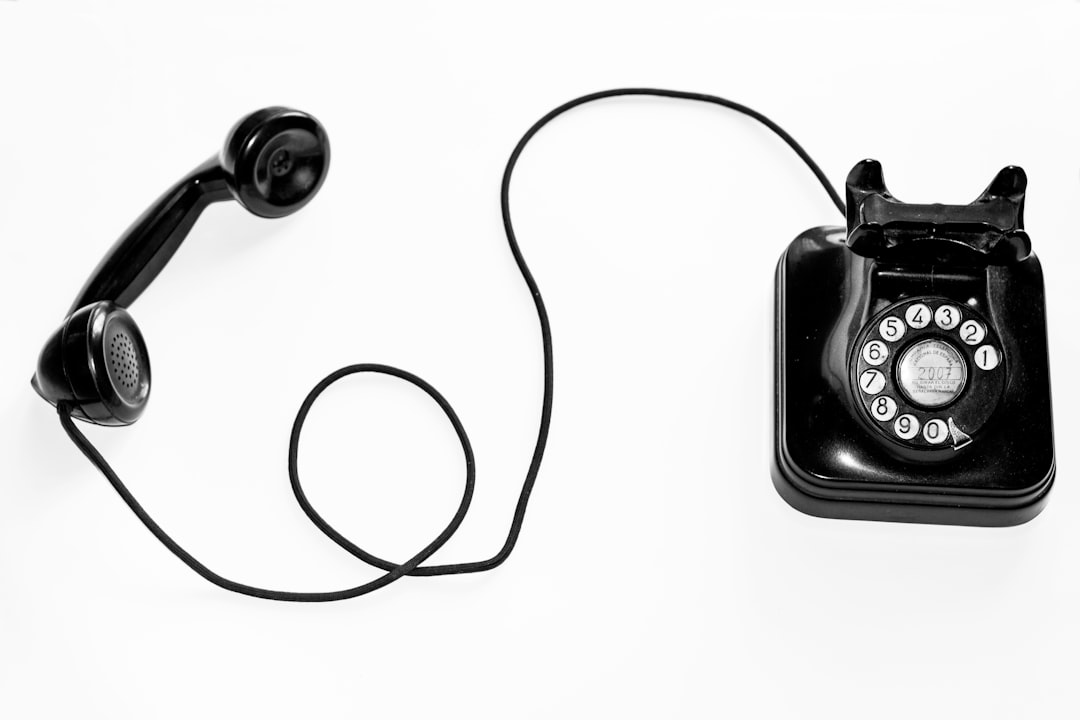Chicago's Do Not Text Laws, aligned with TCPA, protect citizens from unwanted marketing messages. Sending texts to registered do-not-text numbers is illegal, with strict penalties for businesses. Individuals can take legal action if they receive unsolicited promotional texts, seeking compensation for each violation. Understanding rights and gathering evidence is crucial for navigating TCPA cases under Chicago's robust Do Not Text Laws.
“Chicago’s stringent Do Not Text laws (TCPA) protect residents from unsolicited text messages, yet violations can lead to significant lawsuits. This article guides you through the intricate web of Chicago’s TCPA regulations and helps identify potential message violations. We explore who is eligible to file a lawsuit, delve into the legal process for compensation, and offer strategic insights for navigating these cases. By understanding your rights and options, you can take informed steps if you’ve been affected by text message abuses.”
Understanding Chicago's TCPA Regulations

Chicago, like many cities across the country, has its own set of regulations regarding telephone consumer protection, specifically focusing on do-not-text lists and compliance with the Telephone Consumer Protection Act (TCPA). Understanding these rules is crucial for businesses and individuals alike to avoid potential legal issues and hefty fines. In Chicago, it’s illegal to text or make automated calls to phone numbers registered on the national do-not-call list or local do-not-text lists. These laws protect citizens from unwanted marketing messages and ensure a quieter, more peaceful communication environment.
Compliance with TCPA regulations is essential to determine eligibility for legal action in case of violations. If you’ve received text messages from unknown senders or businesses after being added to a do-not-text list, you may have a valid claim under the Chicago TCPA laws. By knowing and adhering to these rules, businesses can avoid unnecessary lawsuits and maintain positive customer relationships, fostering a more transparent and respectful communication culture in Chicago and beyond.
Identifying Potential Text Message Violations

Identifying potential text message violations is crucial for anyone in Chicago, as the city has strict regulations regarding Do Not Text laws. If you’ve received unsolicited text messages promoting products or services, it could be a violation of your rights. These messages are often considered spam and can lead to legal action.
Chicago’s TCPA (Telecommunications Consumer Protection Act) protections are designed to safeguard residents from unwanted communication. If a business has sent you marketing texts without prior consent, you may have the right to take legal action. Understanding these violations is essential for individuals looking to assert their rights and seek compensation if eligible.
Who Can File a Lawsuit: Eligibility Criteria

Anyone who has received unsolicited text messages promoting goods or services in Chicago, Illinois, and believes their rights under the Telephone Consumer Protection Act (TCPA) have been violated, may be eligible to file a lawsuit. The TCPA prohibits companies from sending marketing texts to consumers without prior consent.
To determine if you can file a lawsuit, consider factors like whether the messages were automated or sent using an ATDS (automatic dialing system), and if they promoted or sold products or services. If you can demonstrate that these text messages were sent without your explicit permission, you could be entitled to compensation for each violation, including statutory damages. Remember, “Do Not Text Laws Chicago” is not just a slogan; it highlights the city’s stance against TCPA violations and the potential legal actions available to affected residents.
Navigating the Legal Process for Compensation

Navigating the legal process for compensation after experiencing a TCPA violation can be complex, but understanding your rights is crucial. If you’ve received unsolicited text messages in Chicago, you may have grounds to take action against the violator(s). The first step is to gather evidence, such as screenshots or records of the messages, and note the date and time they were sent. Next, consult with an attorney specializing in TCPA cases, who can guide you through the process and help determine if a lawsuit is suitable.
In Chicago, “Do Not Text Laws” protect residents from unsolicited text messages, and violators can be held liable for damages. A successful lawsuit could result in compensation for your troubles, including actual damages, statutory damages, and even attorney’s fees. It’s essential to act promptly as there are strict time limits for filing a claim. Don’t hesitate to reach out to legal professionals who can assist you in seeking the justice and reimbursement you deserve.






